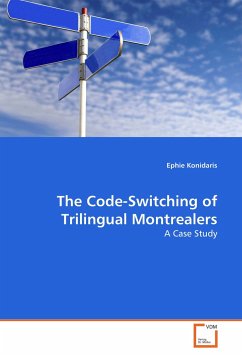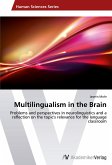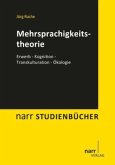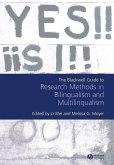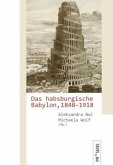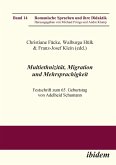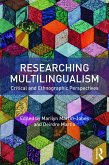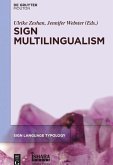This study focuses on the concept of code-switching which can be defined as the verbal strategy by which multilingual speakers change linguistic code(s) within the same speech event as a sign of cultural solidarity or distance, and as an act of cultural identity. The participants partaking in this study are three trilingual persons living and working in Montreal. They possess linguistic competencies in the following three languages: English, French and Greek. This study is of particular interest due to the complexity of the socio-political, ethnic, and linguistic context of the setting which entails bilinguality (English and French) according to Canada's language laws, while Quebec's provincial laws, profess to only one official language (French). In addition, the anecdotal fact that heritage languages of certain minority groups are maintained and widely utilized by members of the specific group in Montreal, adds to the unique context in which the trilingual participants were brought up in, and currently live in. This study consists of an analysis of the codes (and code-switches) used in the participants' audio-taped conversation, obtained as data with consent, and later transcribed for analysis.
Bitte wählen Sie Ihr Anliegen aus.
Rechnungen
Retourenschein anfordern
Bestellstatus
Storno

